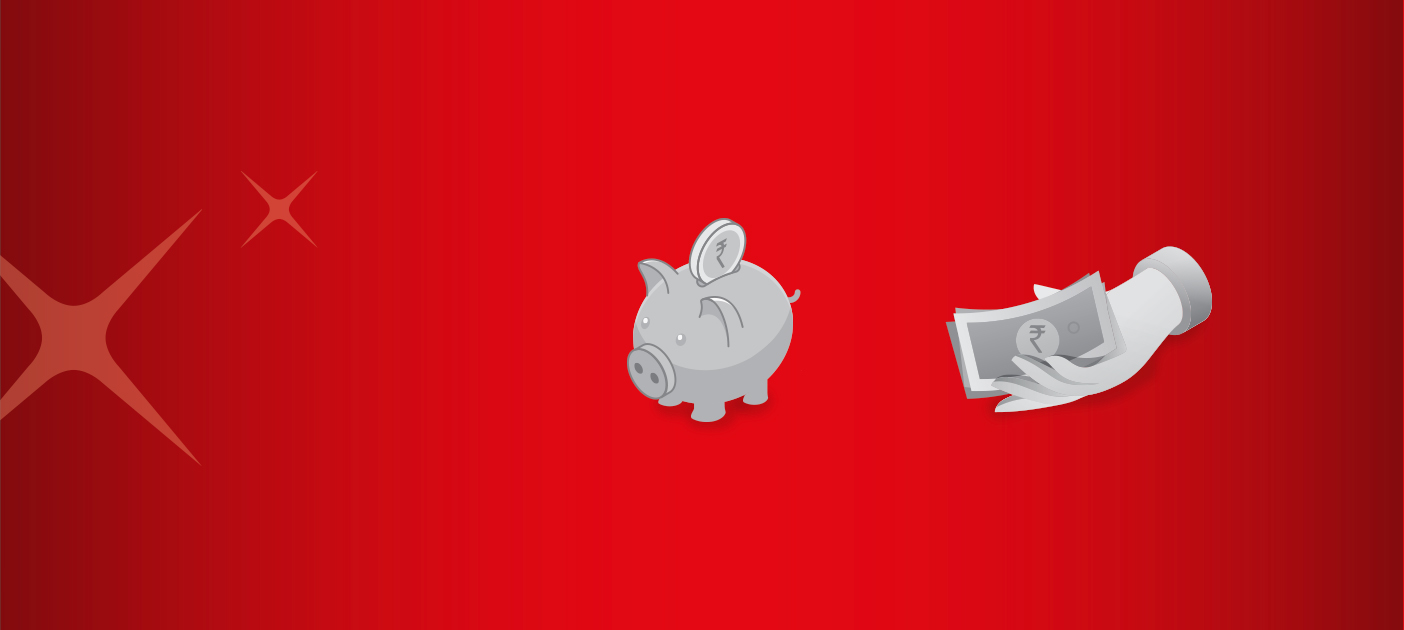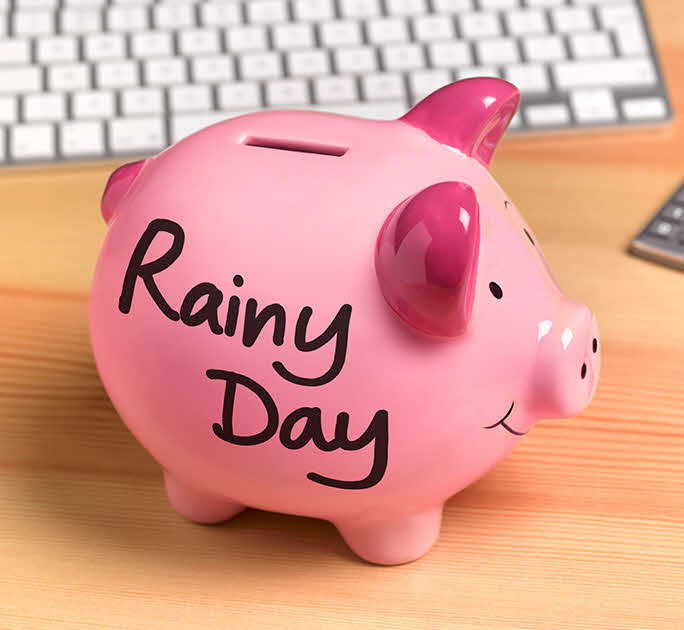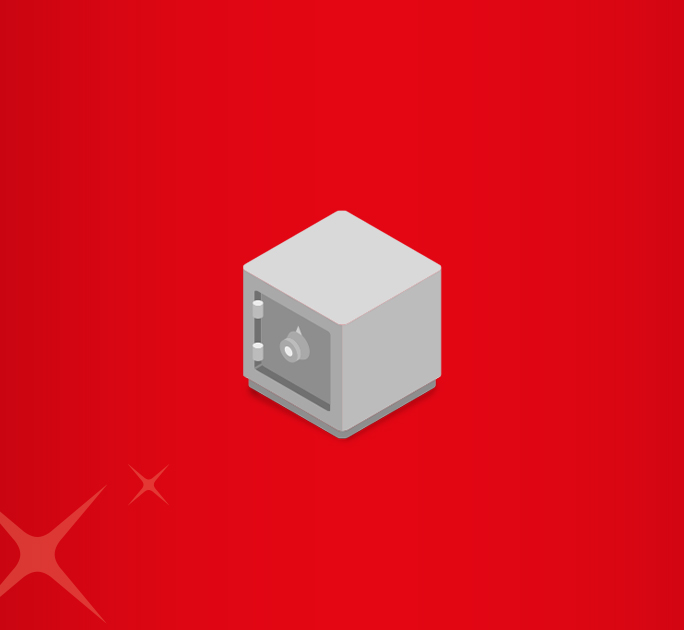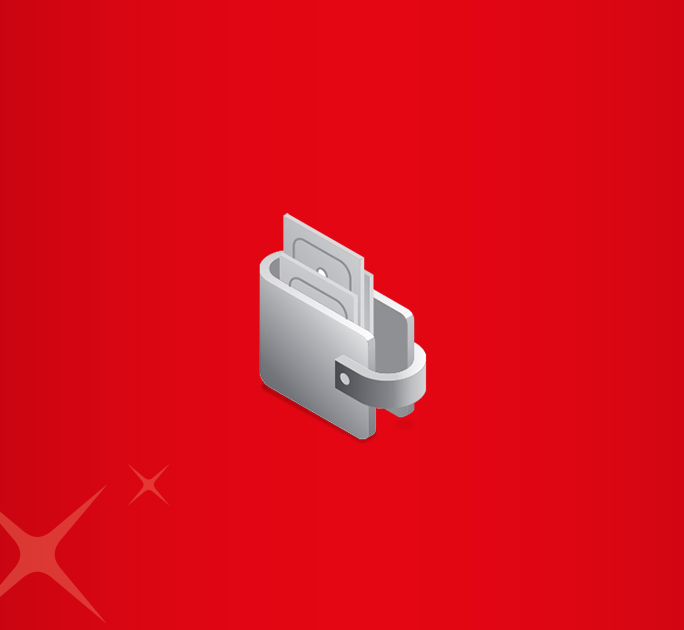- Save
- Invest
- Borrow
- Pay
- More
- Customer Services

Term Deposits: Meaning, Characteristics and Benefits
Term Deposits are a popular and secure investment option for those seeking predictable returns without exposure to market volatility. This blog will help you understand why they might be the right choice for your financial goals.
Key Takeaways
- Term Deposits allow you to invest a sum of money for a fixed period at a fixed interest rate.
- There are two types of Term Deposits – Fixed Deposits and Recurring Deposits.
- It is called a “Term Deposit” because the money is invested for a fixed “term”.
- Premature withdrawal in a Term Deposit is allowed with a penalty.
- Term Deposits are safe investment instruments, unaffected by market volatility.
To ensure your money grows steadily while managing risk, diversifying your investment portfolio is crucial. It should include instruments that offer high returns alongside those that protect your capital. While equities cater to investors seeking faster returns (and are ready to take high risk), debt instruments are favoured by those prioritising capital security and stable earnings. Among these, a Term Deposit stands out as a reliable choice. Let us find out what it is.
What is a Term Deposit?
A Term Deposit is an investment instrument wherein you can deposit a sum of money for a fixed period, at a fixed interest rate. In theory, a Term Deposit is the same as a Fixed Deposit. You lock your money for a fixed tenure. However, unlike Fixed Deposits, where you can opt for cumulative and non-cumulative interest payments, banks pay interest on Term Deposits only when the deposit matures. As such, when the deposit matures, the bank with which you open the deposit, will pay you the principal amount and the interest payable as a lump sum.
Characteristics of Term Deposits
- Term Deposits have a fixed tenure and interest rate.
- Term Deposits are essentially risk-free investments in which you get back your capital on maturity.
- Banks allow you to apply for Loans against Term Deposits.
- You can invest as low as Rs. 1000 in Term Deposits with most banks.
- You can avail of the rollover facility, reinvest your principal amount and interest, and create a new Term Deposit.
Benefits of Term Deposits
Term Deposits are an attractive investment option for low-risk investors, offering a variety of benefits, including:
-
Low minimum deposit
Many banks offer the flexibility to open a Term Deposit account with a minimum investment of just Rs. 1000, making it accessible for individuals with varying financial capacities to save and earn interest.
-
Guaranteed Returns
Unlike unstable investments that can suddenly depreciate, Term Deposits offer stability and certainty. The interest rate is set in advance, protecting you from market fluctuations and giving you a clear understanding of how much your investment will grow.
-
Flexible Interest Rate Payout Options
You can choose to receive your returns on an annual, monthly, or at-maturity basis, allowing you to enjoy a periodic income or reinvest towards other financial goals. Additionally, many banks offer flexible deposit options that enable you to add to your initial investment, helping you to grow your savings over time.
-
Secure Investment
Fixed-term deposits provide a guaranteed return, ensuring peace of mind regarding the safety and growth of your investments. Additionally, you can opt to invest a fixed amount monthly through recurring deposits, further enhancing your financial security.
Types of Term Deposits
There are two types of Term Deposits:
-
Fixed Deposit
As the name suggests, a Fixed Deposit or FD is an investment option where the bank offers a fixed interest rate for a fixed tenure. To open this term deposit account, you have to deposit a one-time lump sum amount at the commencement of the FD period. You can choose your preferred investment duration or tenure of Fixed Deposits, which can range from 7 days to 10 years. You can also withdraw the deposit before the maturity period, but you may be liable to pay a penalty for the same. While the minimum amount of FD differs from bank to bank, it can be as low as Rs. 1000. Also, the interest rate on FDs ranges from 4% to 7.5% - includes the base rate of the RBI, and the additional rate, which differs from one bank to another.
There are various types of Fixed Deposits an investor can opt for depending on their requirements.
- You can opt for a cumulative deposit wherein the interest earned is reinvested into the deposit, and you get the capital amount and interest pay-out when the FD matures.
- You can opt for a non-cumulative FD, wherein the bank pays interest on a weekly, quarterly, semi-annual, or annual basis.
- You can also opt for a Sweep-in facility wherein the amount above a particular upper limit set by you in your Savings Account is automatically converted to a Fixed Deposit.
- You can opt for Tax-saver Fixed Deposits under Section 80C of the IT Act, wherein you can avail of a tax deduction of up to Rs. 1.5 lakhs.
-
Recurring Deposit
A Recurring Deposit is a type of Term Deposit wherein you deposit a fixed amount (like instalments) for a fixed interval. In most cases, this interval is once a month. Like an FD, the rate of interest is fixed here and does not change throughout the tenure of the RD. You can choose RDs with flexible tenures ranging from 6 months to 10 years.
While the minimum amount of RD differs from bank to bank, it can be as low as Rs. 1000. Banks typically pay an interest rate ranging from 4% to 7.5%. Like a Term Deposit, you get the principal amount and interest payable when the RD matures. You can also pause your RDs mid-term by bearing specific penalties.
For detailed RD interest rates (based on the tenure) offered by DBS Bank, click here.
Download DBS Bank app to open a recurring deposit and see your dreams take shape.
Term Deposits Vs Fixed Deposits
The significant difference between a Term and Fixed Deposit is on the interest payment component. Essentially, Term Deposits are cumulative deposits, wherein you earn interest only when the deposit matures. As for Fixed Deposits, you can choose between cumulative and non-cumulative interest pay out. If you aim to create a lumpsum amount at the end of the deposit term, you should opt for Term Deposits. Conversely, if you wish to create an additional monthly or quarterly income source, you can opt for a non-cumulative FD.
How a Bank Uses a Term Deposit?
As we know, the primary operations of a bank are lending and borrowing. The bank uses the money from Term Deposits created by investors to invest in other financial products that pay a higher rate of return. This, in turn, allows the bank to pay you interest on your deposits. The bank may also use the Term Deposits to lend money to borrowers for various loans and earn high interest on the loaned amounts.
Conclusion
A Term Deposit is considered one of the best and safest investment options. It protects your capital and provides guaranteed returns. Term Deposits are ideal for investors with a lower risk appetite looking to earn a fixed source of income or create a lump sum deposit.
If you prefer to save time and effort, and open an FD account remotely, then download Digibank by DBS Bank app right away. You can even open an FD account by visiting the bank or through net banking. And if you’re an existing customer, the process becomes even simpler. Click here to know how!
Frequently Asked Questions
-
What is the process of a Term Deposit?
In Term Deposits, the money is invested for a specific period, and the depositor cannot withdraw it until the maturity date. This is why they are referred to as Term Deposits, as the funds are committed for a set term.
-
What is the minimum period of a Term Deposit?
The minimum period of term deposit is 7 days, and the maximum is 10 years.
-
How is interest calculated on a Term Deposit?
On a Term Deposit, the interest per annum is calculated by multiplying the ROI per annum, the principal amount and the tenure (in years). For example, the principal amount is Rs. 1,00,000, the interest rate is 7.50% and the tenure is 3 years, the amount of interest would be Rs. 22,500.
*Disclaimer: This article is for information purposes only. We recommend you get in touch with your income tax advisor or CA for expert advice.












